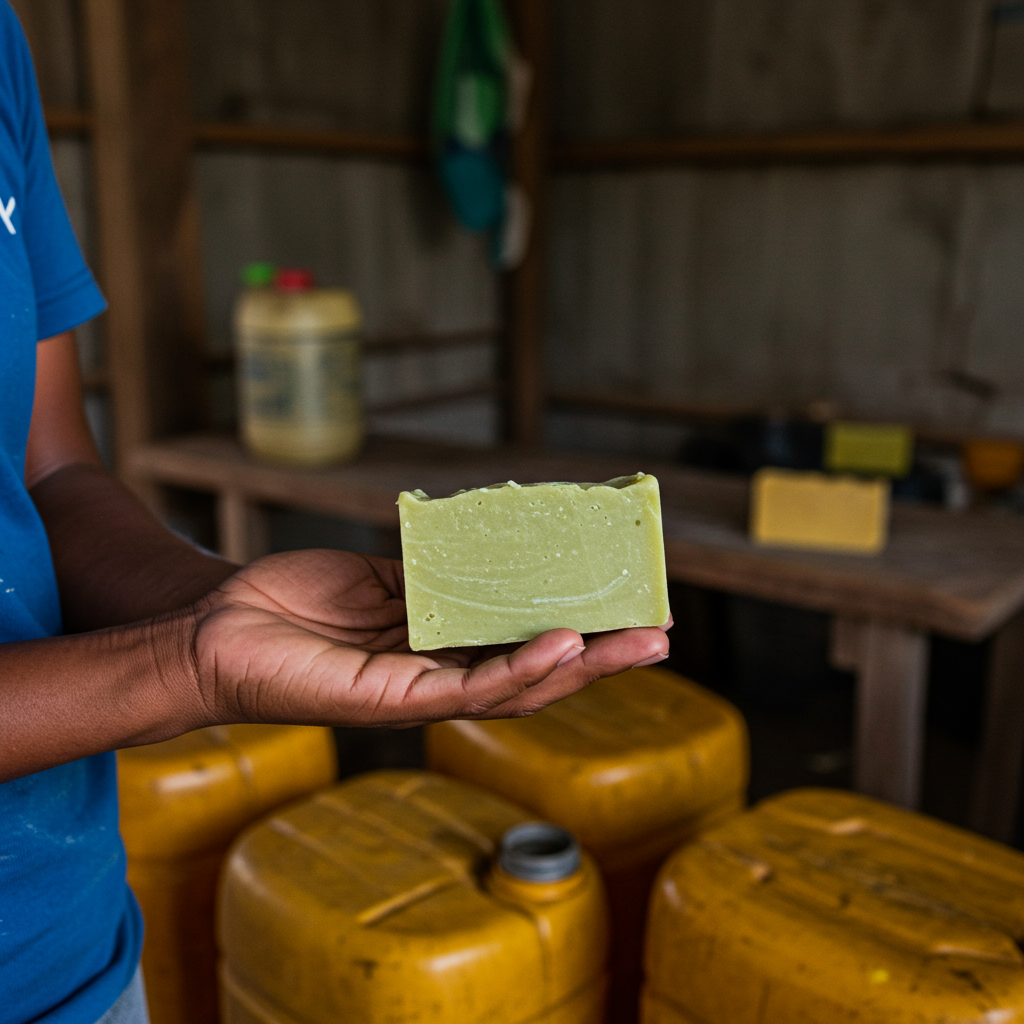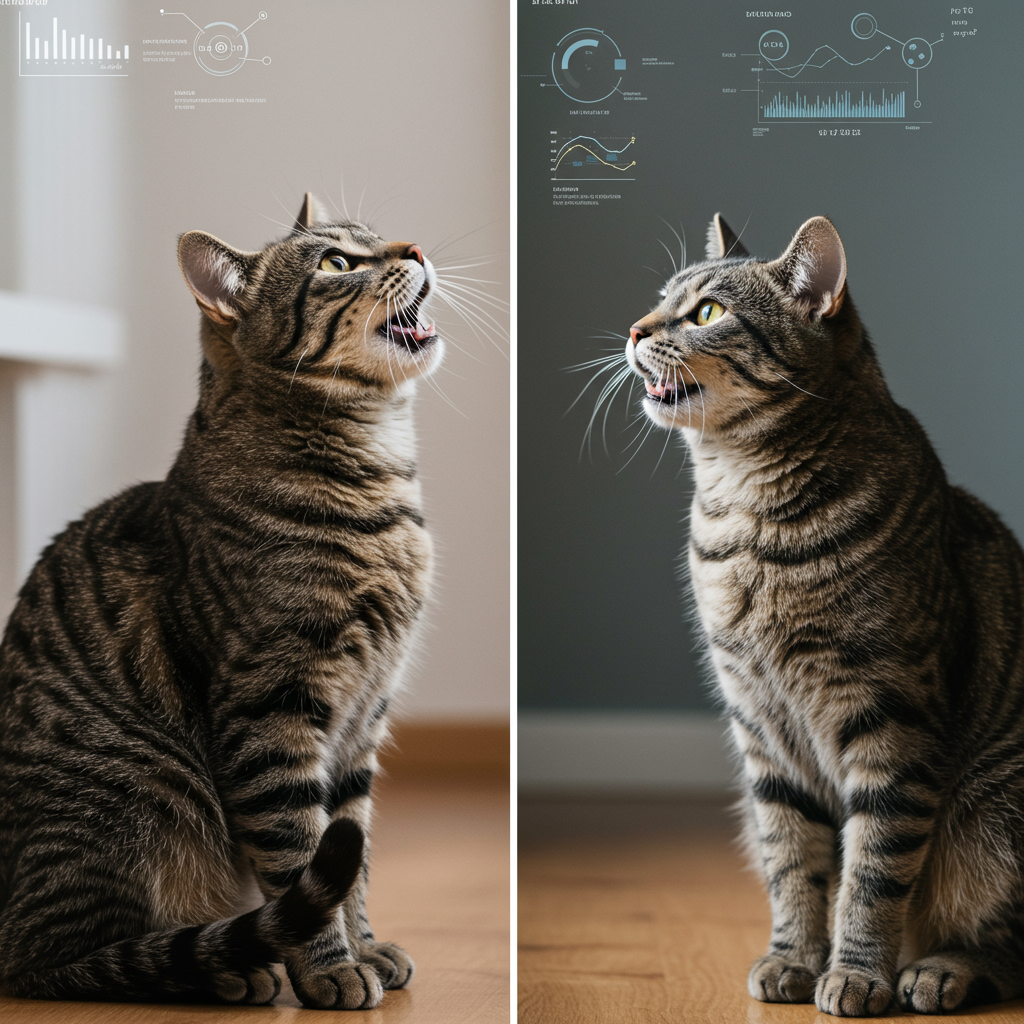Deep-fried foods are a staple across Latin America, leading to the annual consumption of millions of tonnes of cooking oil. In countries like Honduras, where popular dishes like fried chicken, plantain strips, chips, and pork reign supreme, this culinary tradition creates a significant environmental and health challenge: what to do with vast amounts of used cooking oil?
The common practice of improperly discarding used cooking oil has dire consequences. Pouring it down sinks causes clogged pipes and sewer backups, while dumping it contaminates vital groundwater, freshwater sources, and agricultural land that many communities depend on. Furthermore, a thriving black market often sees this oil reused repeatedly, posing serious health risks due to the formation of harmful compounds at high temperatures. This illicit trade thrives because restaurants can earn money selling waste oil rather than paying for proper disposal, creating a perverse incentive loop that funnels potentially toxic substances back into the informal economy.
An Innovative Green Solution
Amidst these challenges, a young team in Honduras saw an opportunity. Hugo Daniel Chávez, project manager for the non-profit Sustenta Honduras, and Executive Director Ricardo Pineda, both under 30, lead an organization driven by a desire to create practical solutions for environmental problems. “We have so many businesses and domestic practices that create waste, so we are trying to transform waste and give it a second life,” Chávez explains.
Unlike some environmental initiatives focused on advocacy or confrontation, Sustenta chose an entrepreneurial path. Recognizing that previous attempts to convert used cooking oil into biodiesel faced limited market demand in Honduras, they pivoted to producing goods with strong local appeal: soap and dog food.
Transforming Waste into Value
Sustenta’s model directly addresses the black market problem by offering businesses a legitimate and financially attractive alternative. They buy used cooking oil, paying between 2.50 and 3.50 Lempiras (£0.08-£0.11) per pound, and provide a reliable collection service. This incentivizes proper disposal and secures a crucial supply of raw material.
The collected oil and grease are transported to Sustenta’s processing plant in Comayagua. Here, they undergo purification before being transformed through saponification – a chemical reaction where fats or oils are combined with an alkali to create soap. Beyond soap, they also produce dog food, maximizing the value extracted from the waste stream.
Sustenta is committed to developing a comprehensive “circular ecological system.” This is exemplified by their innovative use of wastewater from a neighboring water purification plant’s waste stream for their own water cooling system, demonstrating how industrial byproducts can be integrated into a closed-loop process.
Scaling Up and Impact
Scaling their operation requires a consistent volume of used oil. A major step forward came in May 2024 when Sustenta signed a contract with the Mexican and Central American division of retail giant Walmart. This partnership guarantees a reliable flow of used cooking oil from all Walmart-related entities, crucial for competing with the black market and significantly boosting production capacity. An exciting prospect being explored is selling the soap and dog food produced from Walmart’s waste back through Walmart stores, closing the loop entirely and demonstrating the economic viability of circular economies to a major corporation.
Sustenta’s innovative approach has garnered international attention. They were awarded a $20,000 prize from the 2023 Youth4Climate Energy Challenge and receive funding from the Embassy of The Netherlands, which praised their project as an “innovative and viable solution” with significant social impact. Their work contributes to a circular economy, empowers young people and women, and generates vital green jobs.
Financially, the project shows promise. With soap selling at 15 lempiras (£0.45) per bar, the soap production alone generated over 106,000 Lempiras (£3,194.70) in monthly revenue (excluding fixed costs) at the time of reporting. Sustenta emphasizes that these funds are reinvested to implement and grow their projects, constantly seeking new opportunities to tackle waste.
A Solution-Oriented Movement
The Sustenta team, averaging just 23 years old, embodies a new wave of environmentalism. Driven by impatience with traditional, slow-moving institutional responses, they prioritize creating tangible, enterprise-based solutions. Project coordinator Paola Acevedo sees their approach as complementary to other environmental groups that focus on frontline activism against harmful projects. “We try to focus on solutions, while the others fight on the front lines,” she notes.
By transforming a significant waste problem into valuable resources, Sustenta Honduras offers a compelling model for environmental action, proving that green initiatives can be both impactful and economically viable, even in economies heavily reliant on activities that generate waste. They are not just cleaning up oil; they are building a sustainable future, one bar of soap and one bag of dog food at a time.
References
- https://www.bbc.com/news/articles/c9djx7llj44o
- https://www.bbc.co.uk/news/articles/c9djx7llj44o
- https://www.actenviro.com/easy-ways-on-how-to-dispose-of-cooking-oil-safely/
- https://grist.org/article/food-2010-10-25-a-close-encounter-with-chinese-sewer-oil/



